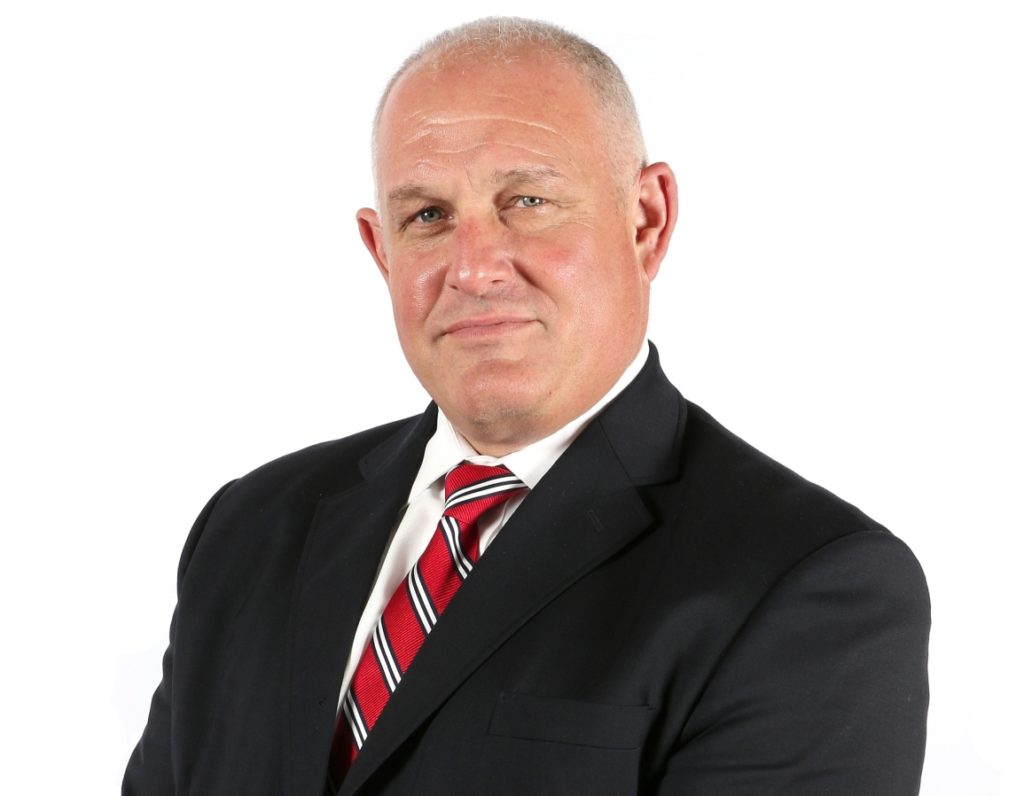Introduction:
“Til death do us part” is a vow made by many on their wedding day. For our clients, however, losing their spouses may also put them in an unimaginable immigration predicament. Not only did they lose the love of their life, but they may also face immigration consequences since their U.S. citizen spouses/petitioners have now passed away.
While we cannot bring their loved ones back, we may be able to resolve their immigration problems by filing the I-360, Petition for Widow(er).
Frequently Asked Questions:
- What requirements do I need to fulfill to file the I-360 petition?
- You were legally married to your U.S. citizen spouse before he/she passed away;
- You are able to prove that you entered the marriage in good faith;
- You have not remarried;
- You were not legally separated or divorced from your U.S. citizen spouse at the time of his/her death;
- You file the petition within 2 years of his/her death; and
- You are otherwise admissible or qualified to adjust status in the United States.
- If my U.S. citizen spouse filed an I-130 and I-485 for me before he/she passed away, do I need to file the I-360 with a new I-485?
No. The I-130 will be converted to an I-360, and you must remain in the United States for the I-485 application, for permanent residence (“green card”) to be adjudicated.
- Is it true that I must be married to my U.S. citizen spouse for at least 2 years to qualify for I-360?
No. The 2-year marriage requirement was removed from the Immigration and Nationality Act (“INA”) in 2009.
- If my child is under 21 years old and unmarried, can I include him/her in the I-360 petition?
Yes.
- If I am overseas, can I still file I-360?
Yes, but you will undergo what is known as “consular processing” to obtain your immigrant visa. You will be interviewed overseas at the U.S. consulate. Once you entered the United States successfully with an immigrant visa, you will receive your green card.
- If I remarry, am I still eligible for I-360?
No, if you remarried after the death of your U.S. citizen spouse, you are no longer qualified for I-360 regardless of whether the subsequent marriage ended due to a divorce or the death of your subsequent spouse.
However, if your subsequent spouse was also a U.S. citizen and is deceased, you may be eligible for I-360 based on the subsequent marriage.
- Do I need a financial sponsor?
No. I-864, Affidavit of Support is not required.
- If USCIS approves the I-360 petition and I-485 green card application, will my green card be valid for 2 years or 10 years?
10 years.
Conclusion:
If you have any questions about the requirements, please do not hesitate to contact our office. We offer free in-person consultations. U.S. immigration law is complex, which is why you need experienced immigration attorneys to guide and advise you through the process. We are those lawyers, and our firm practices immigration law exclusively. We have offices in Orange, Fresno, Riverside, Sacramento, San Bruno, California, as well as Orem and Salt Lake City, Utah, and Boise, Idaho.
ABOUT THIS AUTHOR (S)

JEANNY TSOI – ATTORNEY
Ms. Jeanny Tsoi is an Associate Attorney at Wilner & O’Reilly who handles employment-based transactional cases. She also has extensive experience with family-based immigration matters, 601/601A waivers, non-immigrant visas, and asylum applications. She is admitted to the State Bar of California, the United States District Court for the Central District of California, and the United States Court of Appeals for the Ninth Circuit. Ms. Tsoi graduated Cum Laude from the University of Southern California with a Bachelor’s degree in Art History. In 2012, she earned her Juris Doctorate degree from Southwestern Law School where she was the Vice President of Phi Alpha Delta Law Fraternity and a member of the Asian Pacific American Law Students Association. Ms. Tsoi is fluent in English, Mandarin, and Cantonese.
 RICHARD M. WILNER – FOUNDING PARTNER
RICHARD M. WILNER – FOUNDING PARTNER
Richard M. Wilner is a founding member of Wilner & O’Reilly, APLC and is Board Certified by the State Bar of California as a Specialist in Immigration and Nationality Law. He is admitted to practice law in the State of California and before the U.S. District Courts for the Central, Northern and Southern Districts of California, the Northern District of Texas, the U.S. Court of Appeals for the Ninth Circuit and the U.S. Supreme Court.Mr. Wilner has received the coveted Martindale-Hubbell AV Rating, the highest legal and ethical rating that one can receive from one’s peers in the legal community. Similarly, he has been awarded the title of Super Lawyer from 2007 to the present. He is best known for his work in advising Fortune 500 companies, middle and small market businesses, entrepreneurs and foreign nationals of extraordinary ability in athletics, arts, and sciences in the complex area of U.S. Immigration and Nationality Law.


Comments are closed.